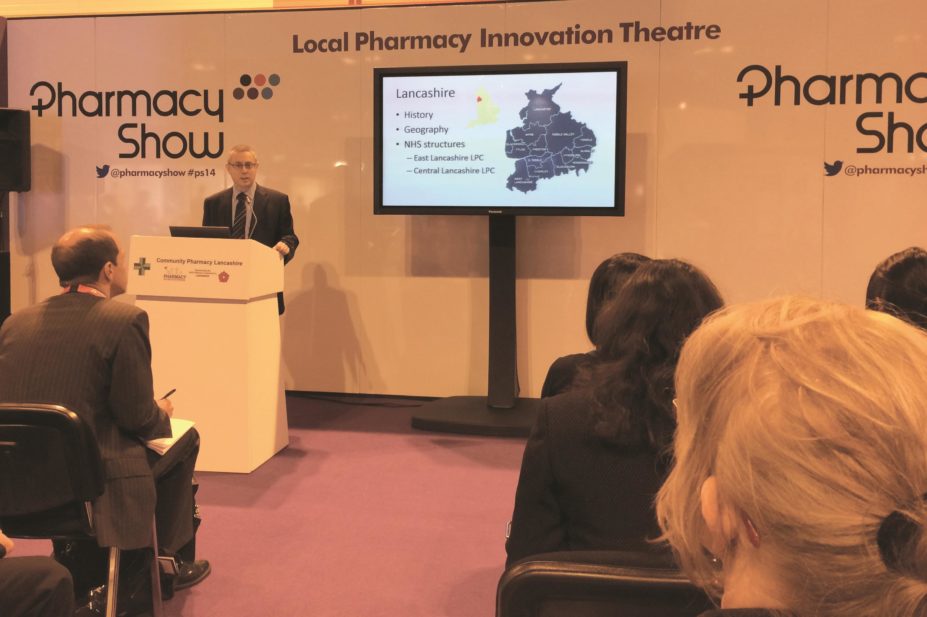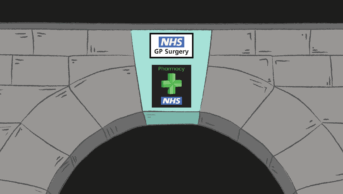
The Pharmacy Show
Local pharmaceutical committees (LPCs) should consider merging to improve their chances of winning bids for services from commissioning bodies, according to Mark Collins, chief officer of Lancashire LPC, which represents NHS pharmacy contractors in three health and wellbeing board areas.
Lancashire LPC formed as a result of a merger of two LPCs in April 2014, and now represents 389 pharmacy contractors in the Blackpool Council, Blackburn with Darwen Council and Lancashire County Council areas.
The main driver for the merger was that commissioning bodies did not know who to talk to, Collins told The Pharmaceutical Journal during the Pharmacy Show in Birmingham on 6 October 2014. “[Now] they have a single point of contact,” he said.
He acknowledged that the process of merging can be challenging but there were efficiencies to be had. He suggested that between 400 and 500 pharmacy contractors is the ideal size for an LPC.
Asked if he thinks commissioning bodies – including clinical commissioning groups, health authorities and health and wellbeing boards – value what pharmacy can offer in the community, Collins said: “I don’t think they really understand what pharmacy can offer at this stage and that is the frustrating thing, but that is our job as an LPC to promote our messages.”
In Lancashire, services that contractors most want the LPC to negotiate on their behalf are public health services, such as emergency contraception, NHS health checks and smoking cessation, explained Collins. Others include minor ailments and supervised consumption. “It is incredibly frustrating as you don’t know who you are talking to [with so many different commissioning bodies],” he said.
Collins shared his experience of merging with other LPCs with Pharmacy Show delegates. He said his LPC had held an annual general meeting to consult on the proposed merger, with the bulk of contractors backing it.
The LPC, an elected body recognised in NHS legislation, represents the interests of contractors and has to be consulted by the NHS England area team on all matters relating to the terms of service and contracts for community pharmacy. LPCs are funded by a levy paid by all contractors. The Lancashire LPC charges a £64 levy per pharmacy per month.


